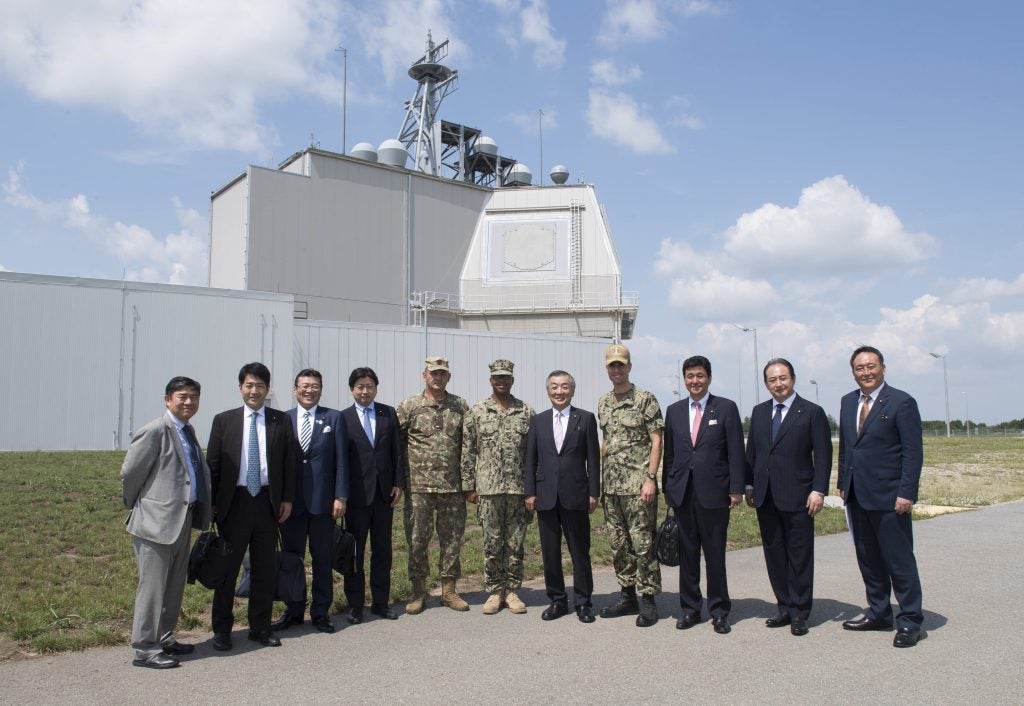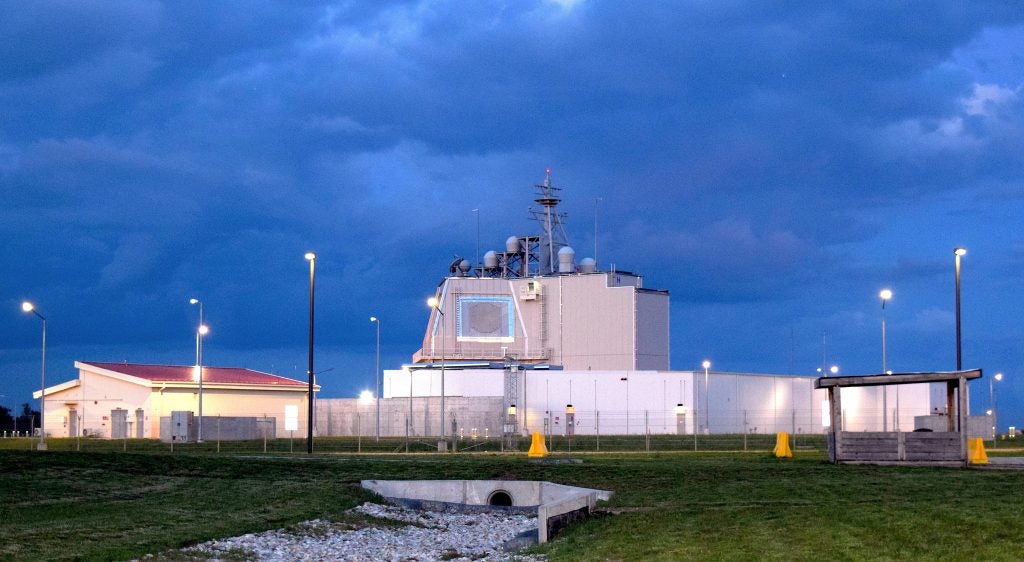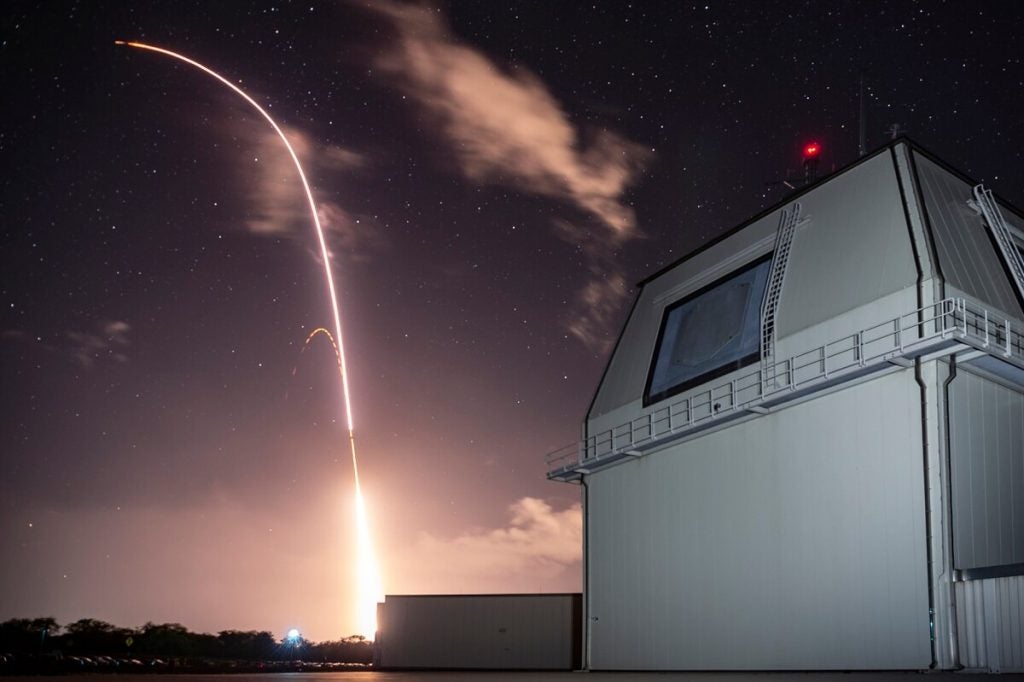Japan Suspends Aegis Ashore Plans
Japanese Defense Minister Taro Kono announced today the suspension of plans to deploy two Aegis Ashore ballistic missile defense systems, owing to costs and technical issues. The Minister abruptly announced the suspension at a press conference at 5:30 PM local time today (15 June), stating that Prime Minister Shinzo Abe had been notified of the suspension last Friday.
In remarks to the media, Minister Kono said that one of the largest technical problems was with separation of the rocket boosters of the SM-3 Block IIA missiles to be used by the Aegis Ashore batteries. According to the minister, all software-based attempts to ensure the expended boosters would land in designated areas had not succeeded to date, potentially requiring hardware modifications in addition to the software changes.
The minister further stated that the jointly developed project had cost the Japanese government 110 billion yen (~$1.02 billion) to date, with a similar amount spent by the US government, and that development of the missiles had taken 12 years. The suspension of the program has been reported to the Japanese National Security Council, with discussions about how to respond to the threat of North Korean ballistic missiles following its suspension to be held in the coming days. Minister Kono added that he had telephoned the governors of Yamaguchi and Akita Prefectures (where the batteries were to be based) earlier in the day to notify them of the suspension of the plans, and intended to visit them in person to apologize as soon as possible.

The Japanese government approved the purchase of two Aegis Ashore batteries in 2017. It was hoped that the batteries would provide an additional layer of ballistic missile defense in addition to the current JMSDF Aegis ships and JASDF Patriot PAC-3 batteries. One battery was to be deployed in the JGSDF’s Mutsumi training area in Hagi City, Yamaguchi Prefecture in the south of Honshu, with the other to be deployed in the Araya training area in Akita City, Akita Prefecture in the north of Honshu. It was hoped that the two batteries would be able to cover all of Japan from those locations.

NATO’s Aegis Ashore Ballistic Missile Defense System – this was the first operation Aegis Ashore site (Photo by U.S. Navy/Lt. Amy Forsythe)
The battery deployments immediately sparked controversy, with local residents concerned about radiation from battery radars and the potential of the batteries and their surroundings becoming priority targets for incoming ballistic missiles. An error-filled assessment of the Araya training area as a potential deployment site further attracted public scrutiny, due to errors including incorrect elevation data for surrounding mountains. Japanese media would later report that plans for the Araya site were scrapped. The Japanese government initially denied the scrapping of the plans, although the denial is now rendered moot by the suspension of the plans for Aegis Ashore as a whole.
The mayor of Akita City spoke to NHK on the suspension, saying that the announcement by the Ministry of Defense was made without any prior notice, and did not adequately explain future plans, accusing the Ministry of Defense of being irresponsible in handling the matter.
With the Aegis Ashore plans now on ice, the JMSDF’s Aegis ships and the JASDF’s Patriot batteries will continue to be the mainstay of Japanese ballistic missile defence. The US reaction to the announcement, however, remains to be seen.
Update – 29th June, 2020:
Following the previously announced suspension of plans to deploy two Aegis Ashore ballistic missile defense systems. Japan’s National Security Council has now endorsed plans to cancel the deployment but had not yet announced an alternative option.

